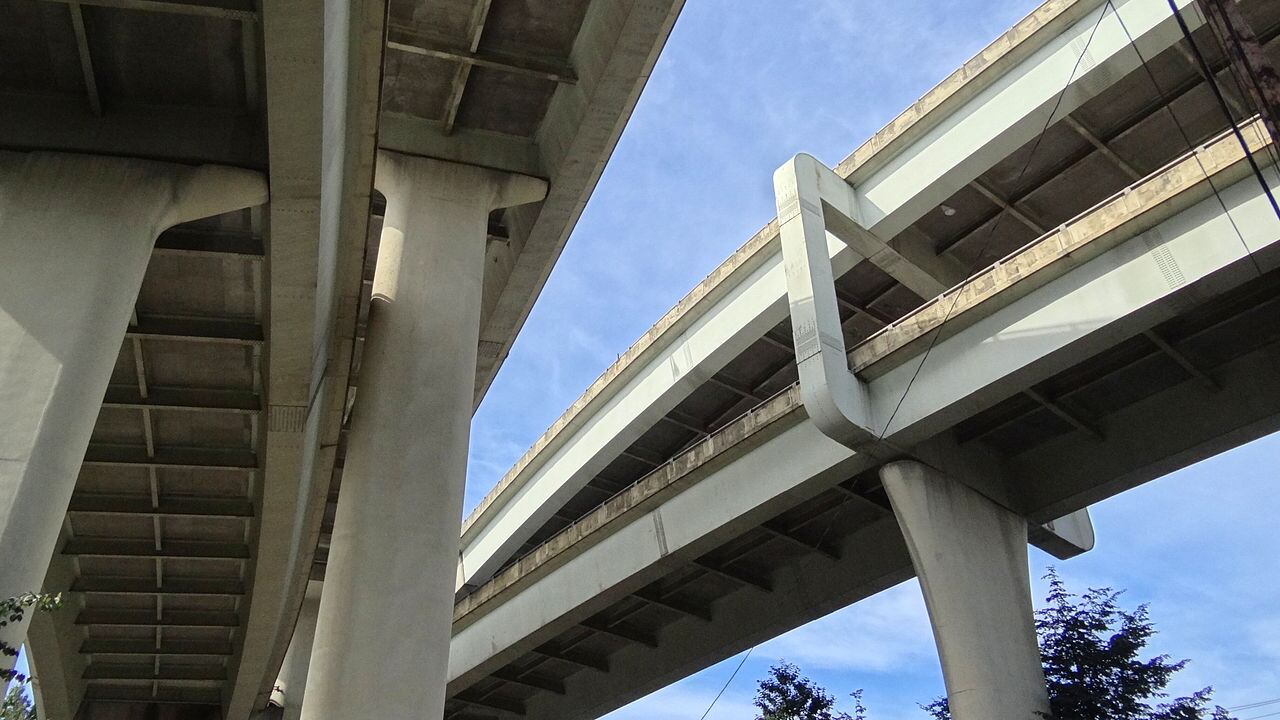Last month, Portland Mayor Ted Wheeler burnished his environmental credentials—and took a swipe at President Donald Trump—by setting dramatic climate action goals for the city, committing to using 100 percent clean energy by 2050.
But he and his four colleagues on the Portland City Council also support a $450 million project to expand Interstate 5 at the Rose Quarter, creating new auxiliary lanes for car traffic.
Critics say the council's support for the transportation package being honed by the Oregon Legislature is hypocritical.
"At a time when we're working hard to reduce the amount of driving in Portland, adding lanes is not a particularly productive investment," says Chris Smith, a member of the Planning Commission who voted against the proposal and argues the package needs to address areas of greater safety risk. "We're simply applying resources in the wrong place."
WW asked Portland's five commissioners to justify their backing of the I-5 expansion.
Mayor Ted Wheeler
"The freeway portion of the project is designed to prevent crashes and to ensure that stalled or damaged vehicles can safely leave the right of way. There are as many associated street improvements as there are highway improvements, including a new overpass that will encourage bicycle and pedestrian travel in the area."
Commissioner Amanda Fritz
"It seems likely the emissions from vehicles crawling in this section are worse than those at normal speed. The purpose is to address the current bottleneck rather than to add capacity. I believe this is not inconsistent with our climate action plan goals."
Commissioner Dan Saltzman
"The Rose Quarter Project will deliver multiple new bicycle and pedestrian connections through the district and provide an opportunity for Oregon's first congestion-pricing effort to limit single-occupancy vehicles."
Commissioner Nick Fish
Fish's office confirmed that he was supportive.
Commissioner Chloe Eudaly
Her office did not respond. She was in Barcelona but voted with her colleagues for the legislative agenda that included the highway expansion project.
Correction:
This story incorrectly stated that Fish's office declined requests for him to comment. WW failed to make sure the commissioner received the chance to respond. WW regrets the error.

